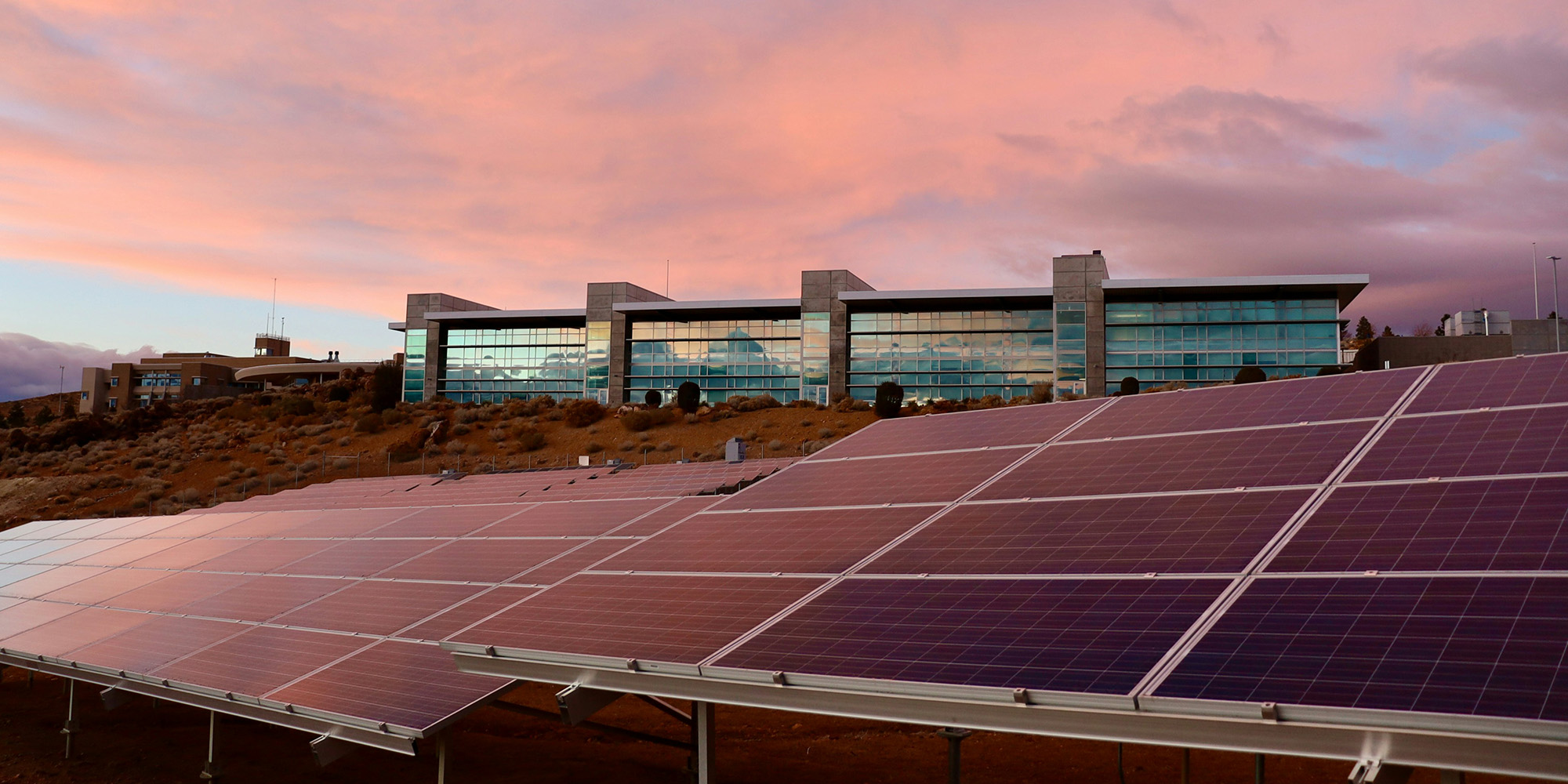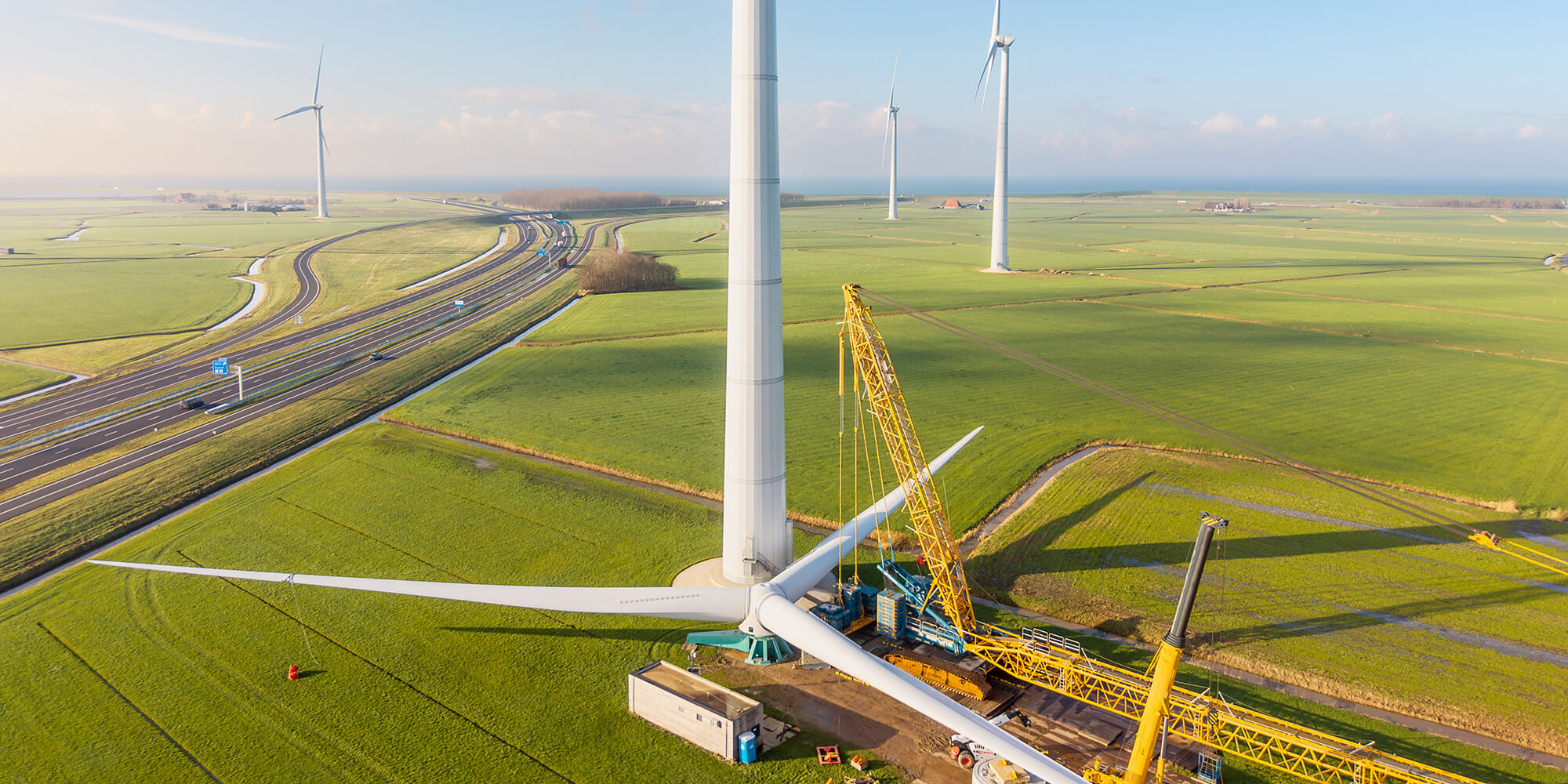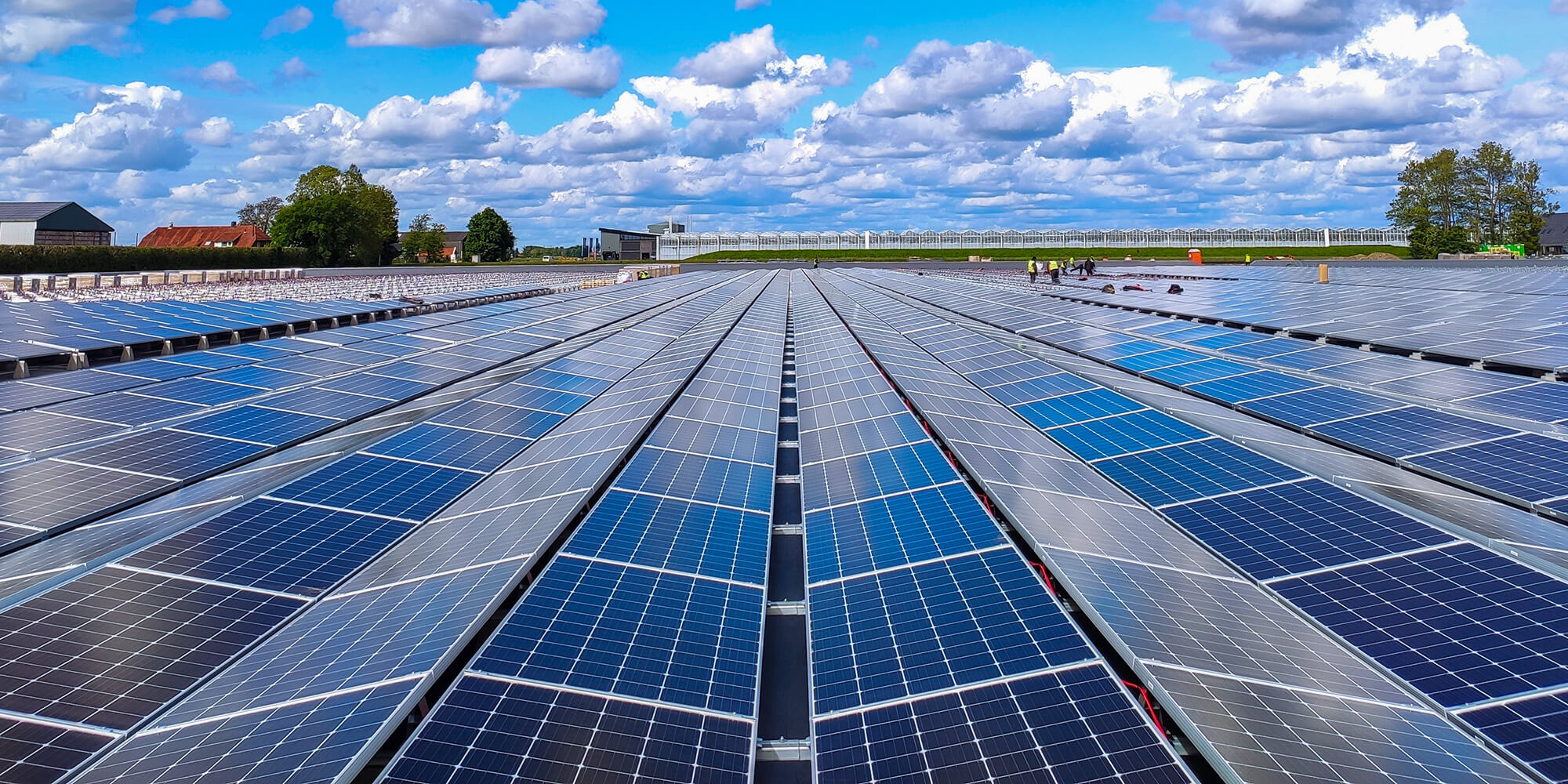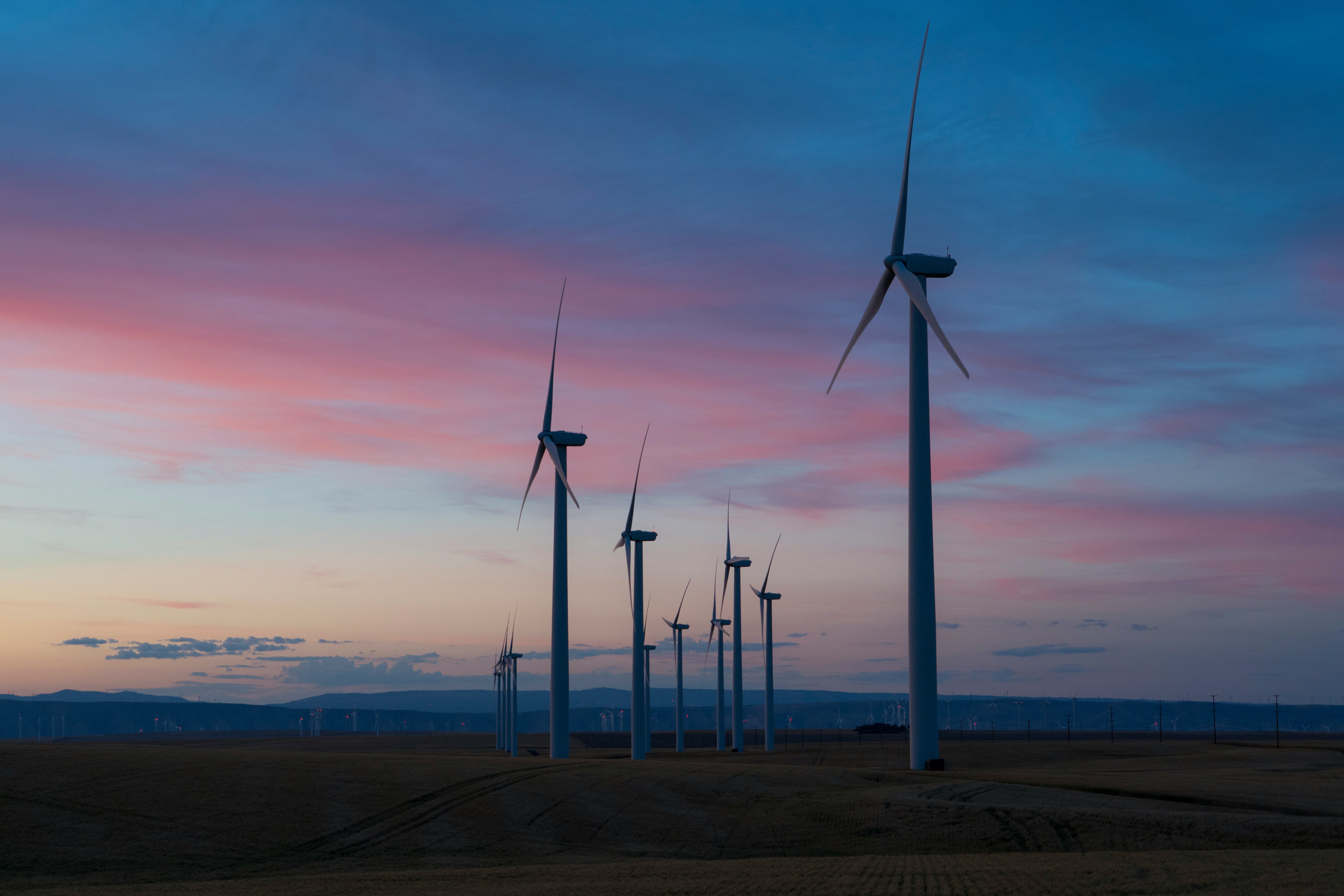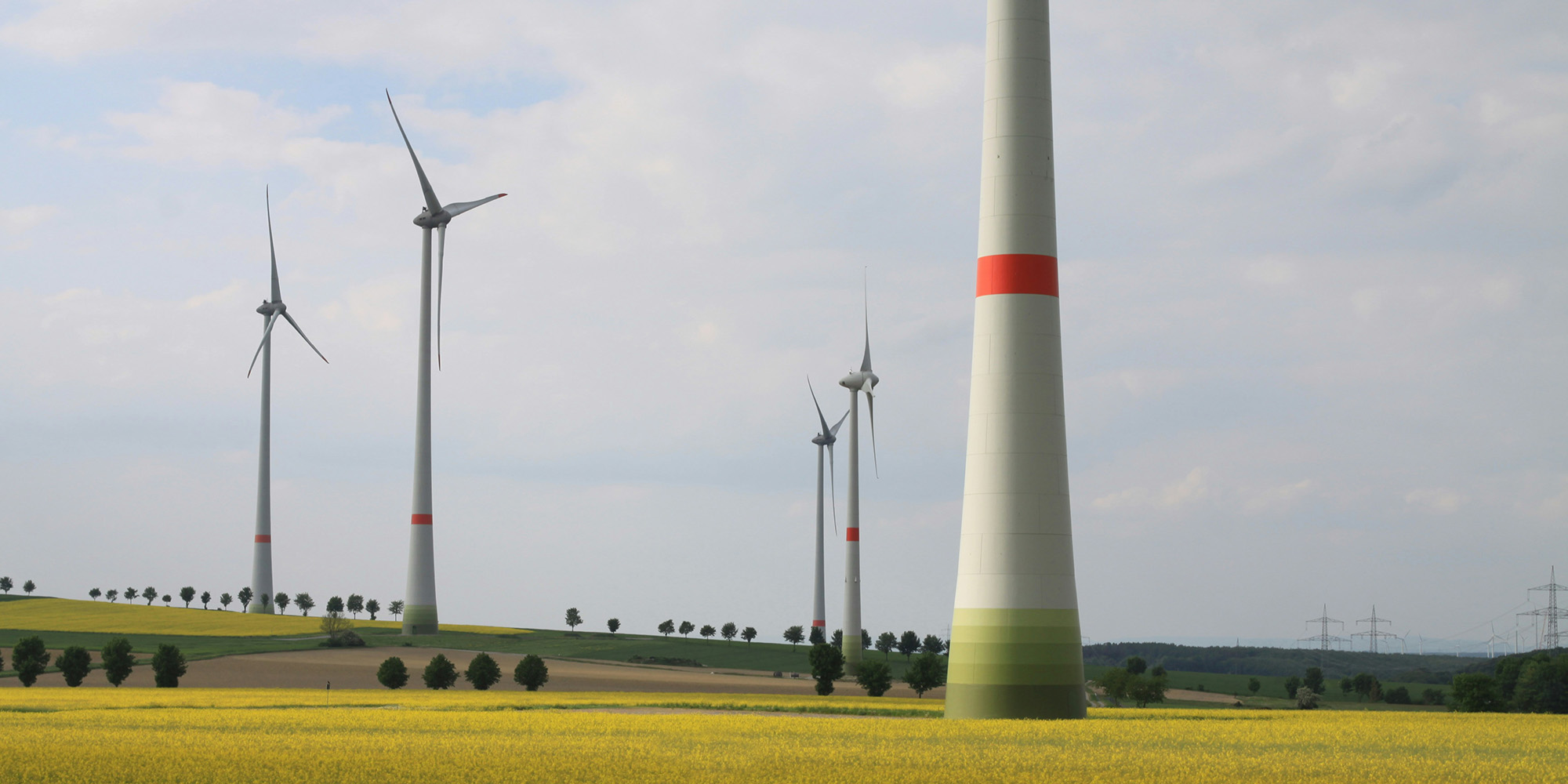Access to electricity can change lives. Look around. We depend on easily accessible and reliable power for all sorts of things, from preserving food in the fridge to keeping hospitals running. Electricity is a pre-condition for shared prosperity – and prosperity is strongly associated with peace.
This became the foundational idea behind Energy Peace Partners (EPP), an organisation that leverages finance solutions and renewables to promote peace in the world's most fragile regions. It was established by a team that had spent their careers working in the peacebuilding and clean energy spaces. Climate change, they recognised, was exacerbating the risk of violent conflict.
.jpg?width=246&height=236&name=Doug%20Miller_2023%20(1).jpg) Through their work, they noticed some of the world’s least electrified countries also receive a tiny fraction of global renewable energy investment. Further, they observed that many conflict-affected and remote communities depended on diesel, which creates a range of negative externalities, from climate-harming emissions to unintended support for conflict actors who control local diesel markets. Renewable energy could help break the vicious cycle. “EPP’s thesis is that renewables can solve many issues at once,” says Doug Miller, Director of Market Development at EPP.
Through their work, they noticed some of the world’s least electrified countries also receive a tiny fraction of global renewable energy investment. Further, they observed that many conflict-affected and remote communities depended on diesel, which creates a range of negative externalities, from climate-harming emissions to unintended support for conflict actors who control local diesel markets. Renewable energy could help break the vicious cycle. “EPP’s thesis is that renewables can solve many issues at once,” says Doug Miller, Director of Market Development at EPP.
As the organisation’s own research shows, there is a significant correlation between access to energy and peace. Increased electricity generation, especially renewable, results in higher prosperity and supports greater peacefulness over time. But how to direct the necessary funding to regions that are usually off investors’ radars? Africa, for example, received only 2% of global spending on renewable energy in 2022.
To try and catalyse investment, EPP created the Peace Renewable Energy Credit (P-REC), a market solution that supports new renewable energy projects in vulnerable countries. Corporate appetite for renewable electricity, they maintain, can help communities at the intersection of conflict and climate change access clean power, and contribute to greater local stability.
Financing renewables in the world's most fragile regions
P-RECs are a quality label affixed to International Renewable Energy Certificate (I-REC). They are issued in the I-REC registry, evidence the origin of 1 MWh of renewable electricity, and allow buyers to claim the use of clean energy. What makes P-RECs unique is the type of projects and communities they support.
To date, P-RECs have been issued from distributed mini-grids located in areas without reliable electricity infrastructure, and where diesel generators often provide an expensive and dirty source of power. These small-scale installations need financing. “When a company commits to buying P-RECs, they unlock the funding that helps make the project financially viable,” Doug Miller explains. In other words, P-REC revenue can be the difference between building –or not– a clean energy facility.
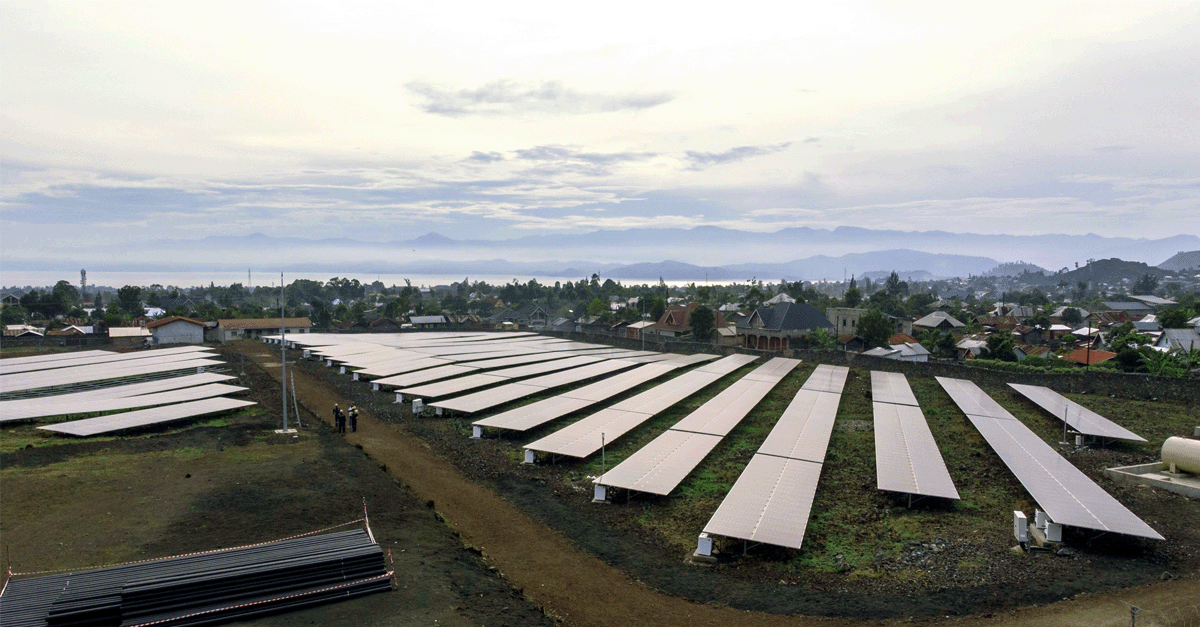 Moreover, P-RECs can support complementary initiatives that multiply positive outcomes. Take Chad, for example. ZIZ Energie, a local electrification company, is developing a 2.5 MW off-grid solar mini-grid in Mongo, a city of 70,000 inhabitants. In a country where only 6% of the population has access to electricity, ZIZ Energie’s facility will cover 85% of the city.
Moreover, P-RECs can support complementary initiatives that multiply positive outcomes. Take Chad, for example. ZIZ Energie, a local electrification company, is developing a 2.5 MW off-grid solar mini-grid in Mongo, a city of 70,000 inhabitants. In a country where only 6% of the population has access to electricity, ZIZ Energie’s facility will cover 85% of the city.
The project will generate about 3,300 P-RECs annually, and ZIZ will use the revenue to install new solar streetlights in Mongo, improving night-time safety –especially for women and girls– and enhancing commercial activity. Other projects use P-REC income to directly power schools, electrify local hospitals, and support new business hubs.
“P-RECs often link clean energy access with a broader public benefit to which everyone in the community has access. Whether immediately or over the medium-term, we see economic benefits, better health and educational outcomes, greater security, and more,” Miller continues.
Further, P-REC projects could help countries bypass the fossil fuel era and prevent newly electrified communities from becoming dependent on hydrocarbons for electricity production. “More financing reduces the risk that these communities will go down the path of using polluting fuels. We want to provide tools that help communities leapfrog over the fossil energy system,” Miller adds.
Why use P-RECs in corporate energy procurement
Buying renewable energy is a top priority in corporate emission reduction strategies. Moreover, an increasing number of companies are going above and beyond their obligations, browsing the voluntary market for solutions that have additional social and environmental benefits.
“Companies buy I-RECs to reduce their greenhouse gas emissions for their and their value chain partners’ electricity. P-RECs introduce new social and community benefits to the standard I-REC available in these countries,” Miller explains. P-RECs are widely accepted as valid instruments for claiming reduced emissions. RE100, for example, gives “additional recognition” to P-REC buyers for the positive outcomes their purchase generates. Companies can also buy P-RECs on behalf of supply chain partners and apply them to their Scope 3-related electricity use.
"More financing reduces the risk that these communities will go down the path of using polluting fuels. We want to provide tools that help communities leapfrog over the fossil energy system."
More peaceful societies also create a positive economic snowball. “By generating more stability, you contribute to expanding markets and possibly demand for your own products,” Miller says. “You could enable wi-fi hotspots, increase demand for services, expand access to banking, and so on.” In short, companies that buy P-RECs can also benefit from a business perspective by supporting the development of emerging economies.
Above all, there are myriad social benefits to advancing renewables. “On the one hand, we can provide people with access to the tools that make life easier – the conveniences of modern living,” Miller continues. “On the other, we help reduce the risk of conflict, build resilience to climate change-related disruption, decrease air pollution, curb deforestation, and lessen dependency on diesel – often connected to violent conflict.”
As more companies seek social impact and additionality to differentiate their clean energy strategy, investing in peace appears like a sound choice. “Our goal is to cultivate a global P-REC market,” Miller adds. That vision already allows purpose-driven companies to put their money at the service of a triple cause: supporting more peaceful and stable societies, alleviating energy poverty, and creating a transition that is just for all.
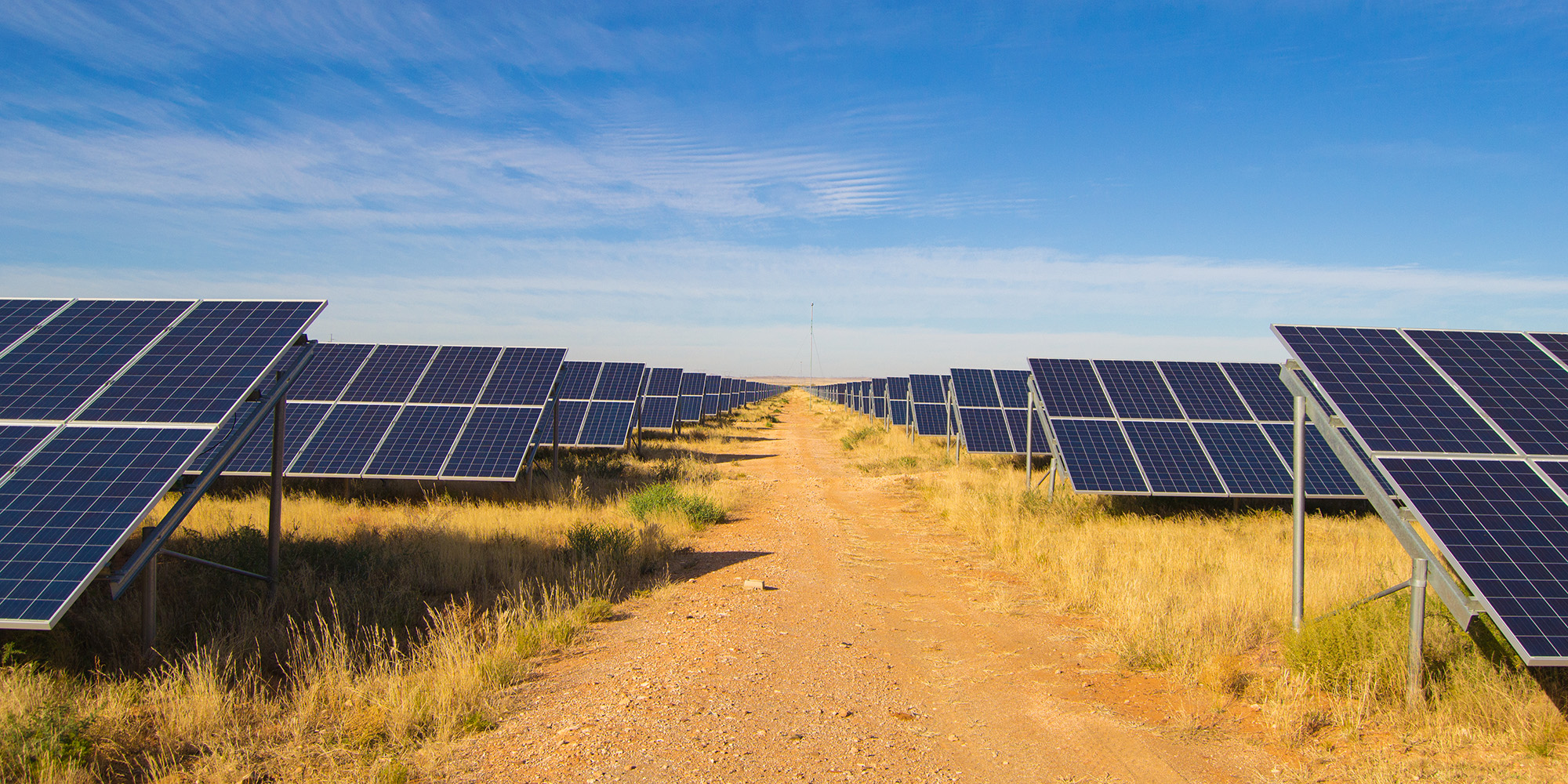


.png?width=3840&height=2560&name=Sun(1).png)

.png?width=3840&height=2560&name=Landscape_2(1).png)

